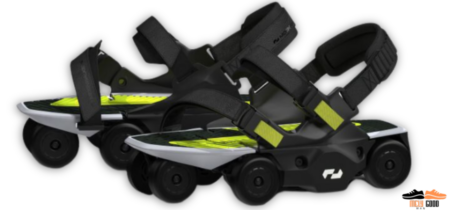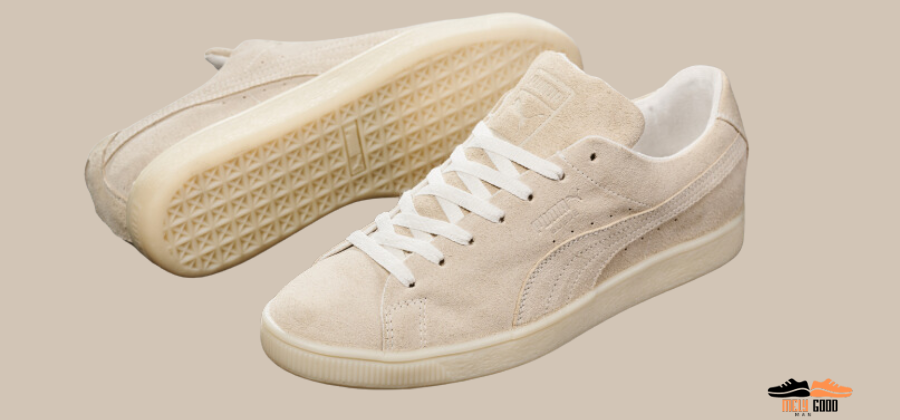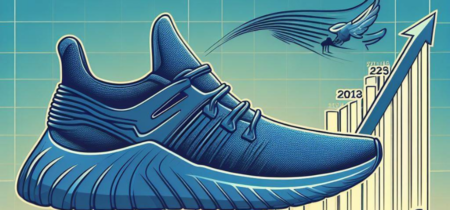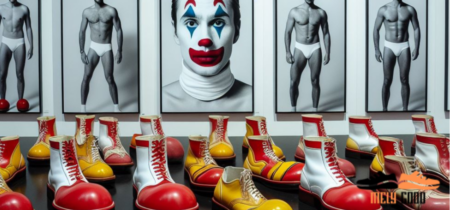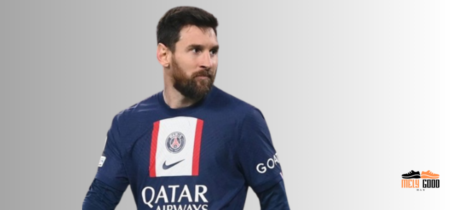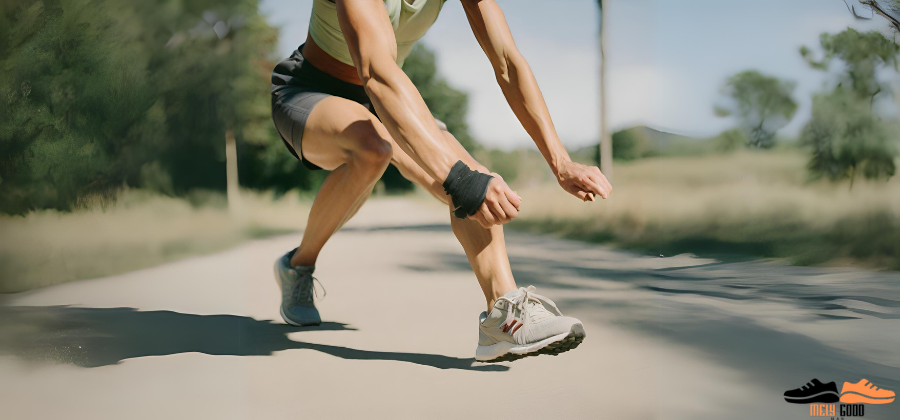
Si eres nuevo en el levantamiento de pesas, puede que hayas escuchado algunos consejos de levantadores más experimentados sobre qué zapatos usar. Algunos de ellos pueden decirte que nunca debes sentadillar o hacer peso muerto con zapatillas de running, porque son demasiado blandas e inestables. Incluso pueden advertirte que podrías lesionarte o limitar tu progreso al usar el calzado equivocado.
Puntos Clave:
- Argumenta que levantar pesas con zapatillas de running no es tan malo como algunos piensan, y que no dañará tu rendimiento o salud.
- Analiza los pros y los contras de los diferentes tipos de calzados para sentadillas y peso muerto, y sugiere algunas opciones para un mejor calzado.
- Cuestiona la cultura de internet de criticar la forma de otros por llevar zapatillas, y ofrece evidencia y ejemplos para respaldar sus afirmaciones.
- Anima a la gente a no preocuparse demasiado por sus zapatos y enfocarse en su técnica y esfuerzo.
Pero, ¿qué tan cierto es ese consejo? ¿Es realmente tan malo levantar pesas con zapatillas de running? ¿O es solo otro mito propagado por la cultura de internet de criticar la forma?
La verdad es que levantar pesas con zapatillas de running no es ideal, pero tampoco es peligroso o perjudicial para tu rendimiento. Puede que no sea la opción más cómoda o eficiente, pero no arruinará tus ganancias ni te pondrá en riesgo de lesiones.
Los pros y los contras de hacer sentadillas con zapatillas deportivas Las zapatillas de running y otras zapatillas deportivas blandas están diseñadas para amortiguar tus pies y absorber el impacto cuando corres. También ayudan a devolver algo de energía a tu pie al empujar contra el suelo. Esto es genial para correr, pero no tan bueno para hacer sentadillas o peso muerto.
Cuando haces sentadillas o peso muerto, quieres una base sólida y estable para soportar el peso en tu espalda o en tus manos. No quieres ningún tipo de blandura o movimiento bajo tus pies que pueda desestabilizar tu equilibrio o reducir tu producción de fuerza. También quieres tener una buena conexión con el suelo, para poder sentir dónde se distribuye tu peso y ajustarte en consecuencia.
Es por eso que a muchos levantadores de pesas les gustan los zapatos que tienen una suela firme y plana, como los Converse Chuck Taylor o los Vans Old Skool. Estos zapatos proporcionan una cantidad mínima de amortiguación y elevación, lo que te permite tener más estabilidad y control sobre tus levantamientos. También son buenos zapatos de gimnasio en general, ya que puedes usarlos tanto para sentadillas como para peso muerto.
Algunos levantadores de pesas incluso van un paso más allá y optan por zapatos para levantamiento de pesas, como los Nike Romaleos o los Reebok Legacy Lifters. Estos zapatos tienen una suela muy firme y un talón elevado, que puede ayudarte a lograr una mejor posición corporal y profundidad cuando haces sentadillas.
El talón elevado también puede reducir la movilidad del tobillo necesaria para hacer sentadillas correctamente, lo cual puede ser beneficioso si tienes los tobillos o las pantorrillas tensas. Sin embargo, estos zapatos son costosos y no son necesarios para la mayoría de los levantadores. Tampoco son adecuados para el peso muerto, ya que el talón aumentará la distancia que tienes que levantar la barra.
Otra opción es simplemente entrenar descalzo. La mayoría de los gimnasios no permiten entrenar descalzo, pero generalmente puedes salirte con la tuya levantando pesas solo con calcetines. De esta manera, puedes eliminar cualquier interferencia de tus zapatos y tener contacto directo con el suelo. También puedes sentir más tus dedos y arcos, lo que puede ayudarte a activar los músculos de los pies y mejorar tu estabilidad.
No te preocupes demasiado por tus zapatos Si bien hay algunas ventajas en usar zapatos firmes o planos (o nada de zapatos) cuando haces sentadillas o peso muerto, no son tan significativas como algunas personas las hacen parecer. Hacer sentadillas con zapatillas deportivas no va a causar ningún daño grave ni va a impedir tu progreso.
No hay evidencia de que hacer sentadillas con zapatillas aumente el riesgo de lesiones o reduzca la cantidad de peso que puedes levantar. De hecho, muchas personas levantan pesos pesados con zapatillas sin ningún problema. Mientras tu técnica sea buena y tus zapatos te queden bien, deberías estar bien.
Un ejemplo de esto se puede ver en una competencia donde la gente realizó varios levantamientos extraños y pesados. La mayoría de los competidores usaron zapatillas deportivas durante todo el día y levantaron impresionantes cantidades de peso. Fue solo cuando intentaron levantamientos de una pierna que requerían más equilibrio que notaron que sus zapatillas no eran ideales.


